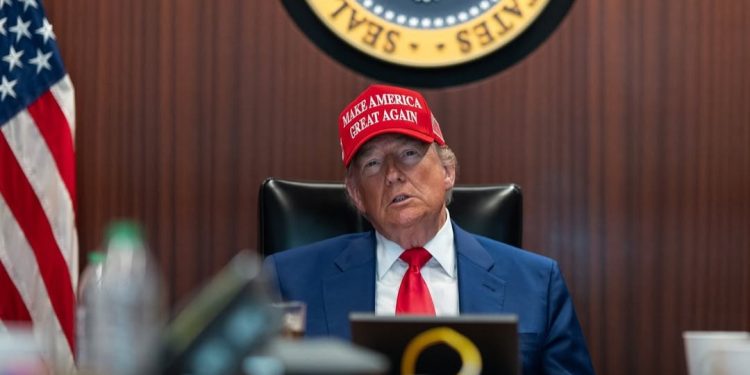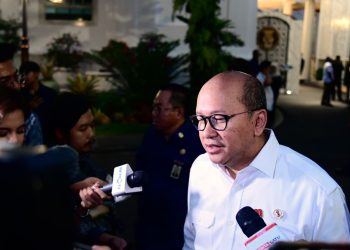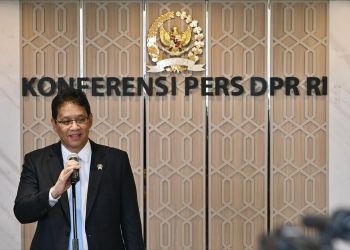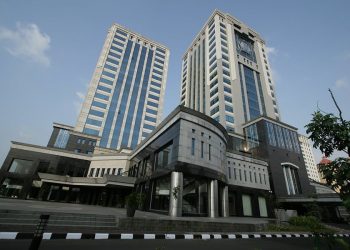Jakarta, Indonesia Sentinel — A new U.S. import tariffs on Indonesian goods officially took effect Thursday (August 7), following a bilateral agreement that sets the rate at 19 percent, lower than the initially proposed 32 percent.
Indonesia’s Coordinating Minister for Economic Affairs, Airlangga Hartarto, said the government had begun informing businesses of the new tariff plans since the proposal was first announced.
The tariff is part of a broader U.S. trade policy aimed at narrowing its trade imbalance with Southeast Asian nations. Several ASEAN countries are facing similar levies. Singapore received the lowest rate at 10 percent, while Indonesia, Thailand, Cambodia, Malaysia, and the Philippines were all assigned a 19 percent tariff.
Despite the new policy taking effect, Indonesian Trade Minister Budi Santoso confirmed that negotiations with the United States are still ongoing. “We’re still in talks. Our goal is to secure a zero-percent tariff on products that the U.S. does not produce domestically,” he said during a press briefing at the Trade Ministry in Jakarta on Thursday.
Read Also:
Budi said that President Donald Trump’s administration has granted Indonesia additional time to negotiate over import tariffs Trade Minister Budi Santoso said Indonesia is advocating for a zero-percent tariff on priority goods that are not produced in the United States. However, he did not disclose which specific commodities are being proposed for exemption.
He remains optimistic that Indonesia has a strong chance of securing further tariff reductions. He said that negotiations are still ongoing and will continue until September 1, 2025, adding that the government is working intensively to reach a favorable outcome.
The minister also noted that the current 19 percent tariff could actually provide Indonesia with a competitive edge, as rival countries are facing even steeper levies under the Biden administration’s trade review.
Meanwhile, Finance Minister Sri Mulyani Indrawati said that Indonesia’s export performance saw a significant boost in Q2 2025, with goods and services exports rising 10.67 percent year-on-year. She attributed the spike to a “front-loading” effect, where exporters rushed shipments ahead of the August 7 deadline.
(Raidi/Agung)

























